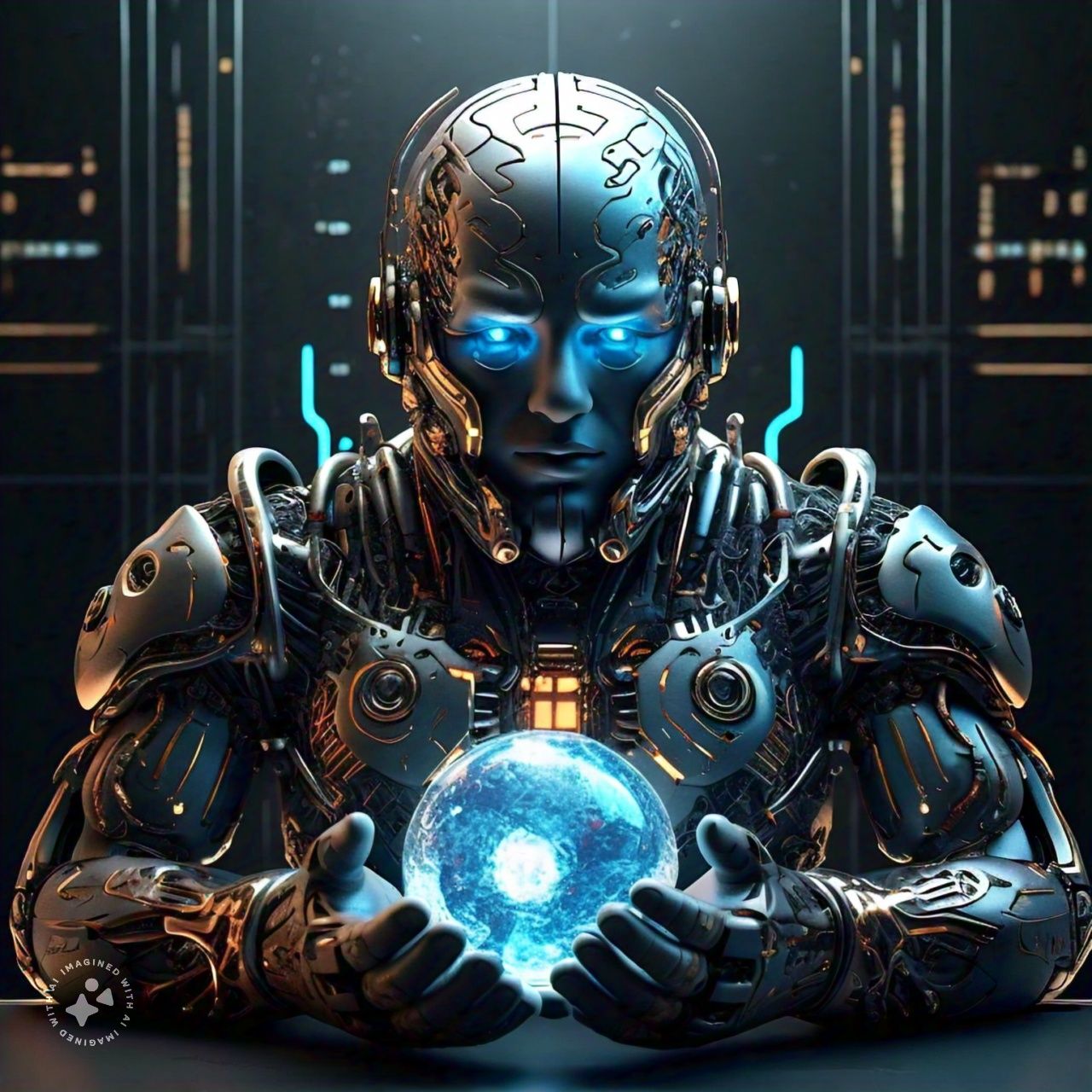The Origins of AI

The Birth of a Concept
The concept of artificial intelligence dates back to ancient times when myths and stories depicted artificial beings endowed with intelligence. However, the formal study of AI began in the mid-20th century. In 1950, British mathematician and logician Alan Turing published his seminal paper "Computing Machinery and Intelligence," which posed the question, "Can machines think?" This laid the groundwork for AI as a scientific discipline.
The Dartmouth Conference
The term "Artificial Intelligence" was coined in 1956 during the Dartmouth Conference, organized by John McCarthy, Marvin Minsky, Nathaniel Rochester, and Claude Shannon. This conference is often considered the birth of AI as a field of study. The participants discussed the potential of creating machines that could simulate aspects of human intelligence, such as learning, reasoning, and problem-solving.
Early Developments and Challenges

Symbolic AI and Expert Systems
In the 1960s and 1970s, AI research focused on symbolic AI, where machines used symbols and rules to represent knowledge and solve problems. This era saw the development of expert systems, which were designed to mimic the decision-making abilities of human experts in specific domains. Notable examples include DENDRAL, an expert system for chemical analysis, and MYCIN, used for medical diagnosis.
The AI Winter
Despite early successes, AI research faced significant challenges, leading to periods known as "AI winters." During these times, progress stalled due to overhyped expectations, limited computational power, and difficulties in scaling AI systems. Funding and interest in AI research dwindled, and the field faced skepticism from both the scientific community and the public.
The Rise of Machine Learning

The Advent of Machine Learning
The 1980s and 1990s marked a shift towards machine learning, a subfield of AI that focuses on developing algorithms that allow computers to learn from data and improve their performance over time. This period saw the emergence of neural networks, which are computational models inspired by the human brain's structure and function.
Breakthroughs in Neural Networks
One of the significant breakthroughs in neural networks came in the form of backpropagation, a learning algorithm that enabled multi-layered neural networks to be trained effectively. This development paved the way for deep learning, where neural networks with many layers could learn to recognize complex patterns in data. Deep learning has since become a cornerstone of modern AI.
The Modern AI Era

Big Data and Computational Power
The 21st century brought unprecedented growth in data generation and computational power. These advancements fueled the resurgence of AI, enabling the training of more sophisticated models on massive datasets. Companies like Google, Facebook, and Amazon leveraged AI to develop innovative products and services, from personalized recommendations to autonomous vehicles.
AI in Everyday Life
Today, AI is an integral part of our daily lives. Virtual assistants like Siri and Alexa use natural language processing to understand and respond to human queries. AI-powered algorithms drive the recommendations on streaming platforms, optimize supply chains, and even assist in medical diagnoses. The rapid progress in AI has sparked both excitement and concerns about its potential societal impact.
Future Directions and Ethical Considerations

The Future of AI
As AI continues to evolve, its potential applications are boundless. Researchers are exploring areas such as general AI, which aims to create machines with human-like cognitive abilities, and AI in space exploration, healthcare, and climate science. However, the path to advanced AI also raises ethical and societal questions.
Ethical AI
Ensuring that AI systems are fair, transparent, and accountable is crucial. Issues such as bias in AI algorithms, data privacy, and the potential for job displacement require careful consideration. The AI community is actively working on developing ethical guidelines and frameworks to address these challenges and ensure that AI benefits humanity as a whole.
Conclusion
The evolution of artificial intelligence is a testament to human ingenuity and perseverance. From its humble beginnings as a theoretical concept to its current role as a transformative technology, AI has come a long way. As we look to the future, it is essential to continue fostering innovation while addressing the ethical and societal implications of AI. By doing so, we can harness the full potential of AI to create a better world for all.


3